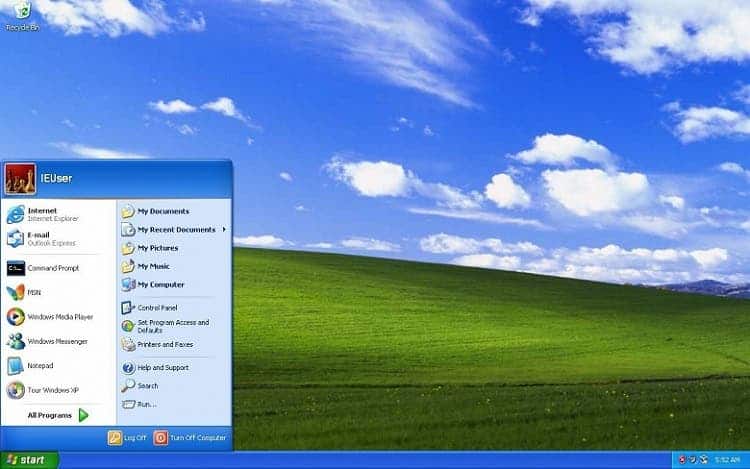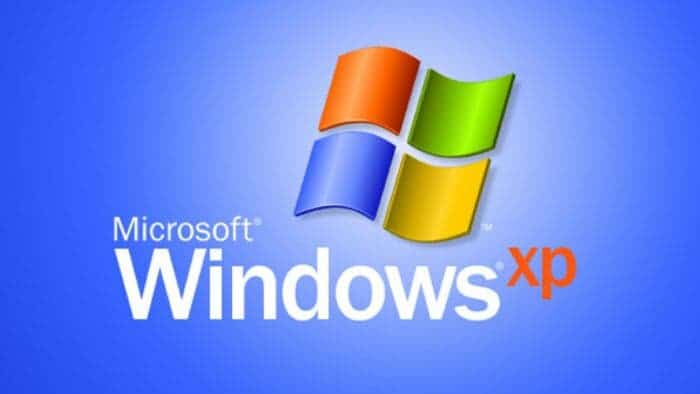Exactly 20 years ago, on October 25, 2001, one of the greatest Microsoft products, the Windows XP operating system, was released. It gained a lot of loyal fans and, despite the fact that its life cycle officially ended on April 14, 2014, it is still used on a fairly impressive number of PCs.
According to Statcounter, the share of Windows XP among all Windows computers as of September 2021 is 0.59%. In this measure, the 20-year-old OS outperforms the newer Windows Vista, which is installed on 0.26% of PCs. The share of Windows 10 is 79.84%. According to experts, Windows XP is now running on more than 9 million computers.

It is worth noting that the share of Windows XP fell below 1% only at the very end of 2020. And just over a year ago, the operating system was available on 1.26% of all laptops and desktops. It’s important to remember that Microsoft stopped releasing technical updates and security patches for the operating system more than seven years ago.
Microsoft does not deny that users can continue to work with Windows XP even after the end of support, but emphasizes that computers with this OS are particularly vulnerable to viruses and other threats. In addition, it does not support current versions of most popular applications.

Windows 11 got people interested, but few are willing to buy a new computer for it
According to online sources; many people do not intend to buy a new computer or laptop to upgrade to Windows 11. This conclusion follows from the results of a survey conducted by the OnePulse platform.
According to available data, 1,000 people from the US and UK took part in the OnePulse survey. Thus, in the US, 14.6% of respondents plan to purchase a new device running Windows 11 by the end of the year. In the UK, this figure is even lower; only 12.4% of respondents expressed a desire to buy a computer or laptop with the new Microsoft operating system. At the same time, 22.6% of respondents plan to buy a device with Windows 11 next year; but many (42%) intend to keep the current device, later upgrading their operating system to Windows 11.
The survey also found that users generally like Microsoft’s new software platform today. 51.6% of respondents had a positive impression of Windows 11; while only 8.1% of respondents expressed a sharply negative attitude towards the OS. At the same time, about 40% of respondents were in favor of not making premature conclusions; until the OS becomes more mature. In their opinion, Windows 11 should be evaluated later; when Microsoft releases several functional updates, gets rid of known issues; and makes previously announced tools such as support for launching Android applications publicly available.





